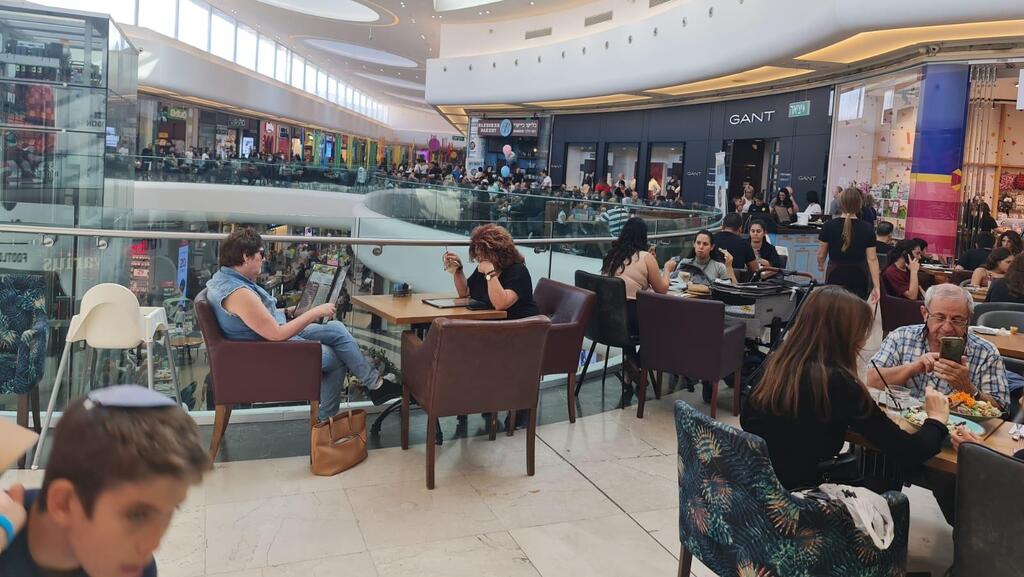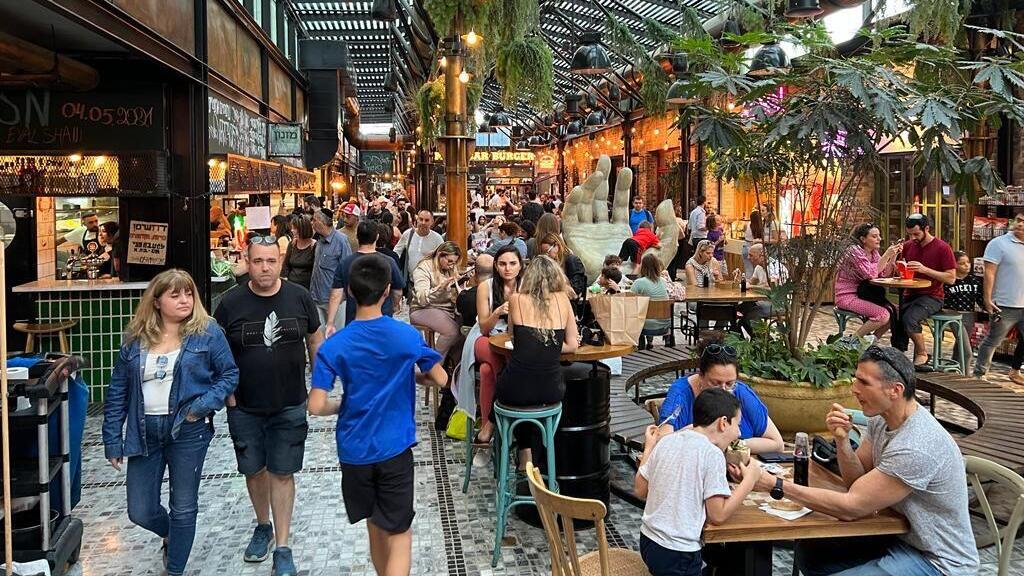Israelis flocked to shopping malls Tuesday, making the most of their government issued sabbatical on Election Day, the country's fifth in three years.
According to Automatic Bank Services Limited, a credit and banking company surveying shopping activity in the Israeli market, a rise of 38% in credit card purchases was registered between 7am to 12pm – compared to the same time window on the previous Election Day in March 2021.
The total sum of the purchases registered stood at NIS 397.49 million by midday, compared to NIS 287.93 million in March 23, 2021. The busiest period was before mid day, with over 11,500 credit card transactions registered, worth NIS 2.42 million.
Data was also registered during the previous Election Day on March 2021 during the same time window, where the sum stood on NIS 203.51 million. Spending during the previous Election Day on September 17 2019 stood at NIS 227.51 million, and at NIS 197.77 million during April 19, 2019 election.
Most stores operating in Israeli malls and shopping centers announced special discounts for the Election Day to encourage shoppers to buy their products.
Some large malls across Israel report a rise of 20% to 150% in the number of visitors arriving at their doors, most likely due to the fact of Election Day being a sabbatical one. Though an increasing number of visitors doesn’t necessarily translate to an increase in sales, and some malls still expect to see an increase in revenue until the evening hours.
According to another credit and banking services company, the most profitable business in the last four elections days were ones offering clothing, technology and electronics, tourism attractions and restaurants.
In the previous Election Day in 2021, the sale revenue of clothing store rose 72% compared to a normal business day, and on Election Day in 2020 the revenue of electronic stores rose 69% compared to a normal business day.



